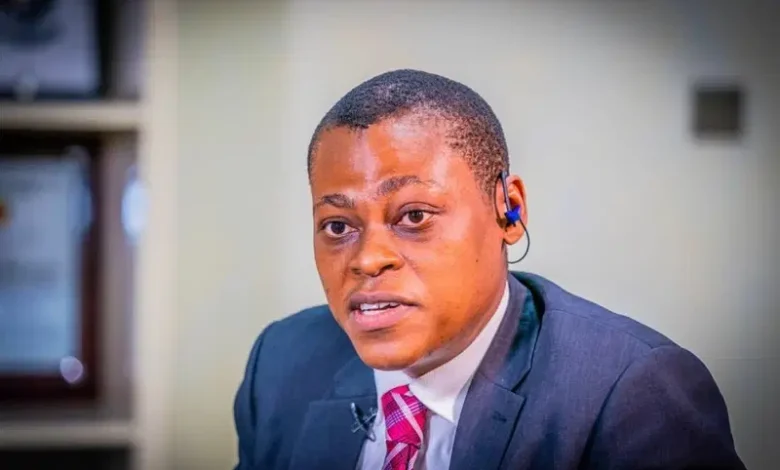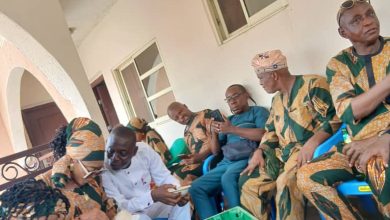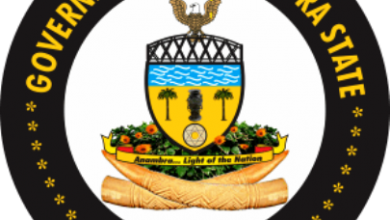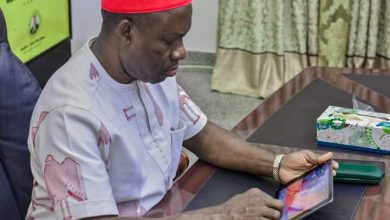
By Tony Okafor
The recent uproar that trailed the interview between Nigerian journalist Oseni Rufai and a certain government official has raised deep concerns about the state of press freedom and the safety of truth-tellers in our country.
As I watched the controversy unfold — and as reports surfaced that a youth group had issued threats demanding Rufai apologise or face their wrath — I could not help but remember another journalist who once stood courageously in the same line of fire: the late Dele Giwa.
It has been nearly thirty-nine years since Dele Giwa, co-founder of Newswatch magazine, was gruesomely killed by a parcel bomb delivered to his Lagos home on October 19, 1986.
His assassination remains one of the darkest chapters in Nigeria’s media history.
Giwa was fearless, bold, and unrelenting in his pursuit of the truth. He questioned authority and challenged government excesses at a time when doing so could cost one’s life.
It did. His death sent shockwaves through the country and left an indelible scar on journalism in Nigeria.
Sadly, decades later, the ghosts of that dark era seem to hover again. The growing hostility towards journalists who question those in power, the rising intolerance for dissent, and the weaponization of public outrage against the media all echo a dangerous return to old habits.
Oseni Rufai, a respected broadcaster and analyst, is currently standing in the heat of such a moment. His interview — professional, probing, and in line with journalistic ethics — has drawn more fury than reflection.
The demand that Rufai should “apologise” for simply doing his job is not only misplaced but deeply worrying.
Journalism, by its nature, is about asking questions — sometimes uncomfortable ones. It is about holding the powerful accountable, not massaging their egos.
No rule of journalism says a reporter must be a bootlicker or a praise-singer. On the contrary, the ethics of the profession call for courage, objectivity, and integrity, even in the face of intimidation.
Section 22 of the 1999 Constitution (as amended) expressly assigns the press the duty of holding the government accountable. The media, therefore, holds the people’s power of attorney to ask the hard questions on behalf of the citizenry.
When a journalist like Rufai exercises that constitutional mandate, he should be applauded, not hounded.
History has shown us that threats against journalists are often precursors to something more sinister. Nigeria cannot afford another Dele Giwa tragedy.
We cannot once again allow a journalist to pay the ultimate price for asking questions that those in authority would rather avoid.
It is therefore imperative that Oseni Rufai be given official protection. The government must ensure his safety, not only because he is a citizen, but because he represents the very soul of democracy — the right to question power without fear.
A nation that silences its journalists is a nation that chooses darkness over light. Dele Giwa’s death was meant to be a warning; it must not become a prophecy fulfilled again in our time.
Rufai must be protected — not because he is perfect, but because he is doing what the Constitution demands of him: speaking truth to power.
If Nigeria truly values democracy, it must also value those who defend it with the pen and the microphone. The price of silence, as history has shown, is always too high.
Tony Okafor is the Co-Publisher of The Razor Newspaper.



